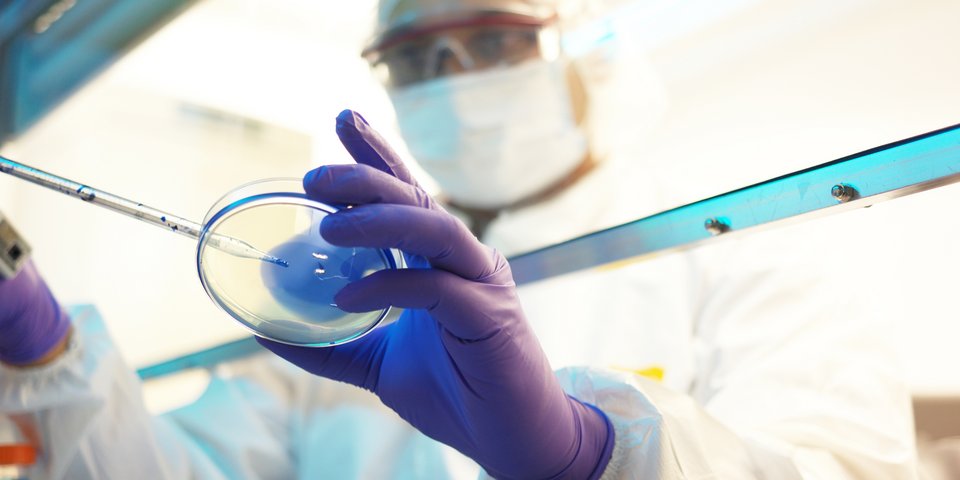 iStockphoto/Reptile8488
iStockphoto/Reptile8488Reducing antibiotic resistance
The "crisis summit" discussed the future supply of effective antibioticsIntro
UM – 05/2022
At their meeting in Berlin
on May 19 and 20, the health ministers from the G7 countries emphasised the
need to work together to ensure that stronger action will be taken against
antibiotic resistance. Other topics included the difficult medical care situation
in Ukraine caused by the war, overcoming the Covid-19 pandemic as well as
climate-neutral healthcare systems; read more about this in the Communiqué
from May 20.
WHO will have a crucial role here
According to the
health ministers, the WHO (World Health Organisation) will have decisive global
health coordination, initiative and leadership functions. It will have to be
better and more reliably financed in order to be able to undertake these tasks.
Therefore WHO’s share of the budget, which is covered by compulsory
contributions from members, is expected to be increased by 2030/2031.
A pact for pandemic readiness
The G7 meeting stressed
that the "pandemic readiness pact" is now a key policy instrument.
Under this instrument the world's seven leading industrialised countries have
committed themselves to strengthening how they develop their integrated, interoperable
and interdisciplinary and cross-sector monitoring capabilities. As part of the
"one health approach”, the aim is to be ready to counter the dangers of
future health risks with regard to humans, animals, the environment and the
climate.
The focus is not
only on Covid-19 but also on other pathogens with pandemic or epidemic
potentials as well as the antibiotic resistance issue. This resistance has
reached a worrying level as a result of its careless and economically-driven
use in veterinary medicine as well as in human medicine. This is now a
"silent pandemic".
Subsequent high social and economic costs
According to the G7,
antibiotic resistance is now claiming more than one million lives globally
every year. The European Commission has confirmed that: antimicrobial resistance
is responsible for 33,000 deaths per year within the EU and the annual costs to
the healthcare systems are around 1.1 billion euros. Ineffective or unavailable
antibiotic treatments often lead to blood poisoning (sepsis). The G7 is
committed to focusing on promoting the research and development of new
antibiotics. Appropriate use of antibiotics will also be improved. national
targets regarding this are to be determined by the end of 2023. The early
detection, diagnosis and treatment of sepsis needs to be strengthened in
particular.
Promoting appropriate use of antibiotics
The German Social Insurance
Representation (DSV) supports this policy. DSV has urged the European Commission
to pay special attention to the veterinary sector through an exploratory
discussion about implementing more comprehensive measures to combat
antimicrobial resistance. Antibiotic use remains critically high here.
Infection prevention must also be given a higher priority in human medicine.
Screening for resistant germs, hygiene measures in health and care facilities,
staff and patient training, etc., could prevent infections and the incorrect
use of antibiotics at a comparatively low cost (feedback from DSV see here).
